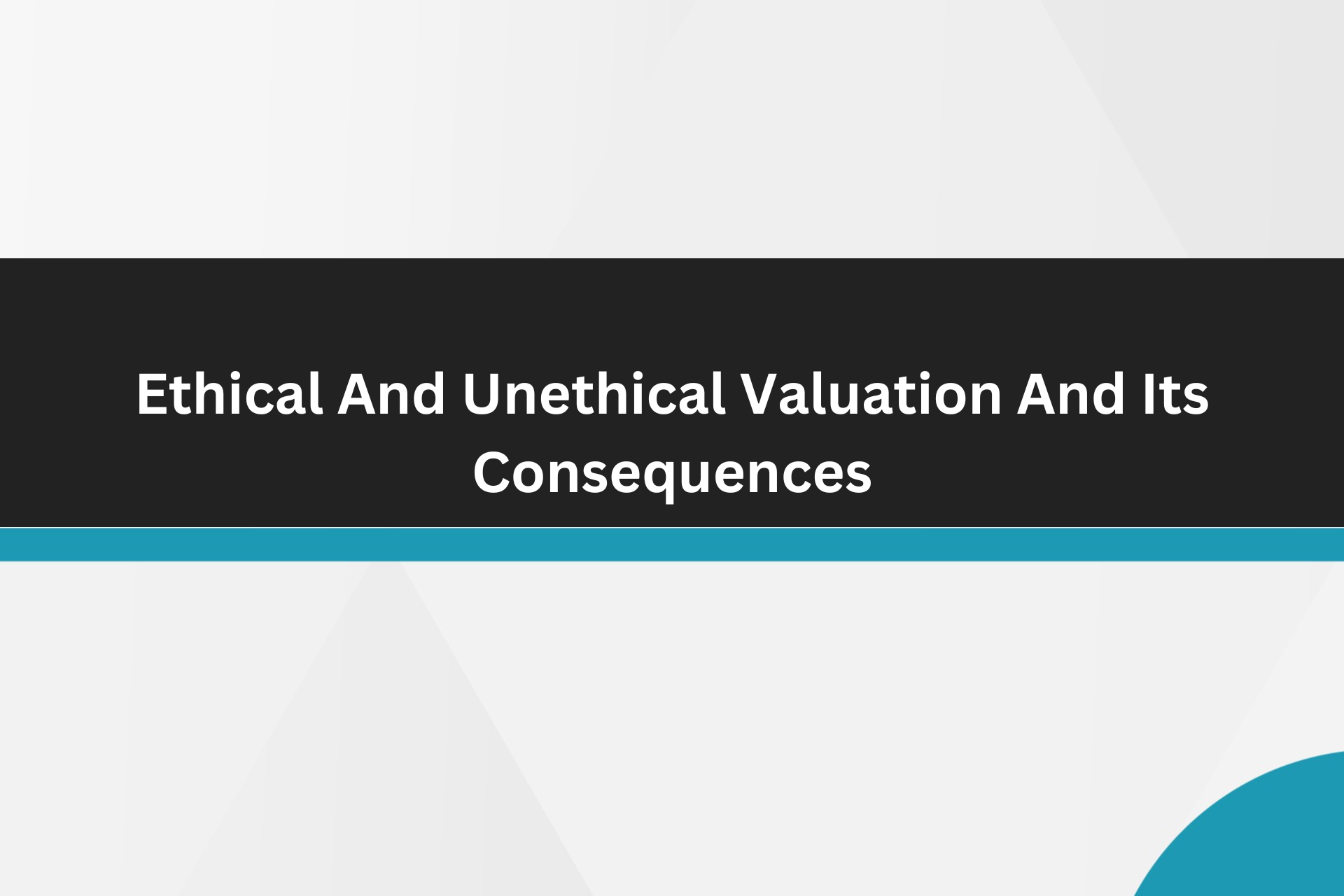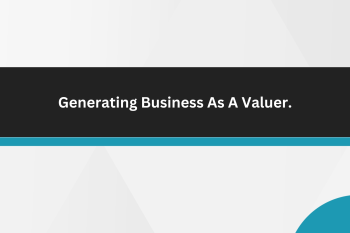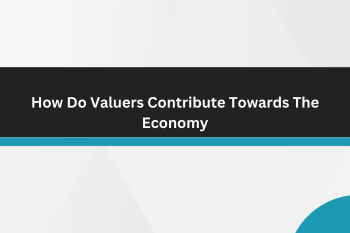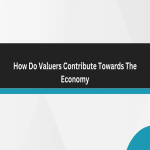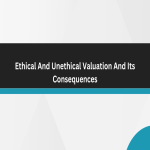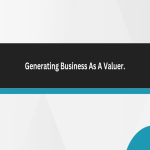Now in India, when the principles of liberalisation and globalisation are universally accepted, it has an increasing requirement for a professionally more accurate valuation. As the purpose of valuation has enhanced in the past decades from a business occupation into professionalism, many concepts have come to light. In recognising the necessity of ethical and unethical practices in valuation, the Institution of Valuers (IOV) has designed the program to offer the essential academic background to valuer aspirants as well as qualified professionals who wish to update and widen their valuation skills.
The services of the valuers are significant for calculating the value of different classes of assets, as may be needed under different conditions. Chiefly, valuation is needed for various transactions under insolvency, company, and tax laws. To achieve the commitment, the valuers should be skilled in the respective asset field. This can be gained by training and practice, which must abide by ethical principles such as accurate estimation, numerically well-expressed, and, most crucially, false reports. The relationship between a valuer and the client relies on the ethically conducted valuation resulting in relevant results which are helpful for the client's organisation. Ethical practices help a valuer in gaining a client's confidence and professional boost.
Sometimes to gain and establish confidence with clients or stakeholders through the validity of the valuation results, some practices are considered unethical and unprofessional. For example, a valuer may be working on the contingent or percentage fee as part of compensation or settlement applicable on the sale or purchase of the asset. Such practices for personal benefits are unethical valuation grounds. Drafting the report based on the advantages or interests of the stakeholders of the organisation rather than actual or beneficial for the public goods may give some temporary gains to the valuers. The Association always decides at the end of the report whether it is abided by law or insisted by the client. Once the report is suspected of being biased or self-serving, it is regarded as invalid. Violation or advocacy to the clients by hiding actual numbers adversely affects the establishment of confidence and faith in the results of a professional valuation career. On the investigation of any suspect related to the unethical conduct, the Association may take action by suspension, rejection or discharge, and the member needs to surrender his certificate as well as other pieces of evidence.
The right
to practice a valuation profession endures a duty to safeguard the
public interest and is not an advantage for the perk of the professional. In case
a professional violates his right, the professional should be chargeable for
penal results. A valuation professional must value the faith and respect
of his stakeholders. The institutional framework protects the reputation of the
profession from the very beginning while holding the professionals answerable
for their services.
